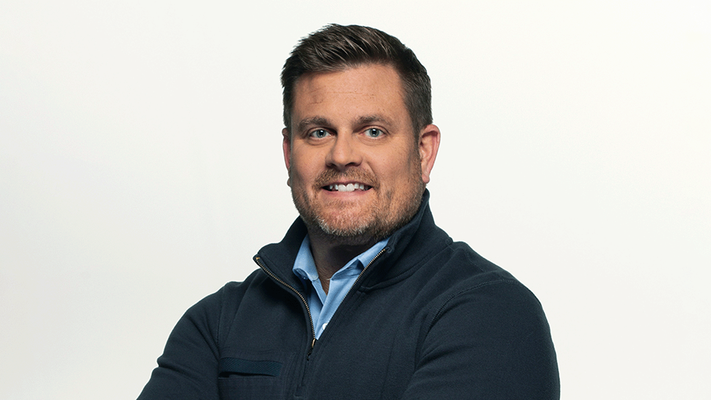
America’s fastest area of job growth is in healthcare. But this does not mean that any job you interview for is going to be guaranteed. That is why it is essential for you to be well prepared for the interview. A job interview is your chance to show a prospective employer what type of employee they’d be getting if you were hired. Preparation means knowing about the industry, the employer, and yourself. It means paying attention to details like personal appearance, punctuality, and demeanor. So use the following steps to prepare yourself:
1. Find out the type of interview you will be going on:
a) An in-person interview.
b) Two-way video interviews via Skype, Google Hangouts, or GoToMeeting.
c) Telephone interviews.
d) One-way or on-demand video interviews sometimes referred to as “asynchronous interviews,” have pre-selected questions. You will be required to respond to on-screen prompts and answer a series of pre-recorded questions. Responses are reviewed by recruiters on their own time.
Will you be interviewed by one person, or a team?
2. Research the company, and the job position you are applying for:
Make a note of any pertinent questions you have so that you can ask them during the interview. If you ask intelligent questions at the appropriate time, it will show you put effort into preparing for the interview.
3. Study your resume:
Your resume represents your work experience and skillsets. You may be asked to elaborate on any of your previous jobs listed, and how they are relevant.
4. Practice interview etiquette:
A friendly smile for video interviews, and a smile and a firm handshake for in-person interviews. This will start the interview with a positive tone. Make eye contact as you articulate your points.
5. Practice your answers to the most common interview questions:
Basic questions, for example, like “Tell me about yourself.”, “Why do you think you would be great for this job?” or “Where do you see yourself in five years’ time?”
Record yourself, using your smartphone, and playback the recording. Be aware of your body language, and improve your delivery. You should be able to answer these types of questions with confidence. Rehearse your answers, don’t memorize them. You want to sound authentic, not canned. Keep your answers brief, compelling, and to the point.
Listening is just as important as asking questions during an interview. Pay attention to the questions you’re being asked, in order to give good responses.
6. Pick your outfit for video or in-person interviews:
What you wear in your interview is a crucial part of your preparation; this goes from your hair to your shoes. Dress appropriately, make sure everything fits, and you look great.
7. Be prepared for the job interview:
Bring extra copies of your resume, a list of references, and something to take notes with. You will have your cell-phone but remember to turn it off.
8. Confirm the date and time of the interview. Be on time early:
a) For an in-person interview, print out the directions, allowing for traffic delays. Bring a contact telephone number just in case of an unanticipated delay, and inform the interviewer.
b) For a remote interview, check your equipment and your environment. Test your equipment to ensure that it is in good working order. Check your environment so that there is no bright light behind you, making it difficult to be seen on camera. If necessary, declutter. Arrange not to be interrupted during the interview.
9. Be Salary-savvy:
This question may come up, so be prepared. Find out what typical salaries are in your field. Give a range, so you don’t price yourself out of a job, nor do you want your interviewer to think you are underestimating yourself.
10. Follow up with a thank-you note:
Within 24 hours of going to a job interview, send a thank you note to each person who took part in the interview, reiterating your interest in the position. Restate why you want the job, how your qualifications and experience suit the company, and what significant contributions you could make.
By paying close attention to the entire interview experience, being prepared can leave a good impression with the interviewer. Use this process to get an edge, and improve your chances of landing a job offer.







 © 2025 Mashup Media, LLC, a Formedics Property. All Rights Reserved.
© 2025 Mashup Media, LLC, a Formedics Property. All Rights Reserved.